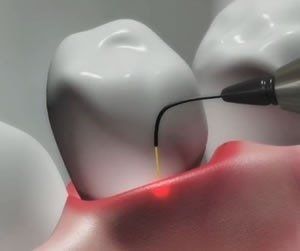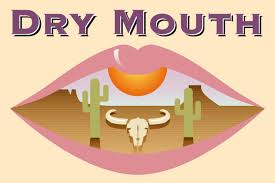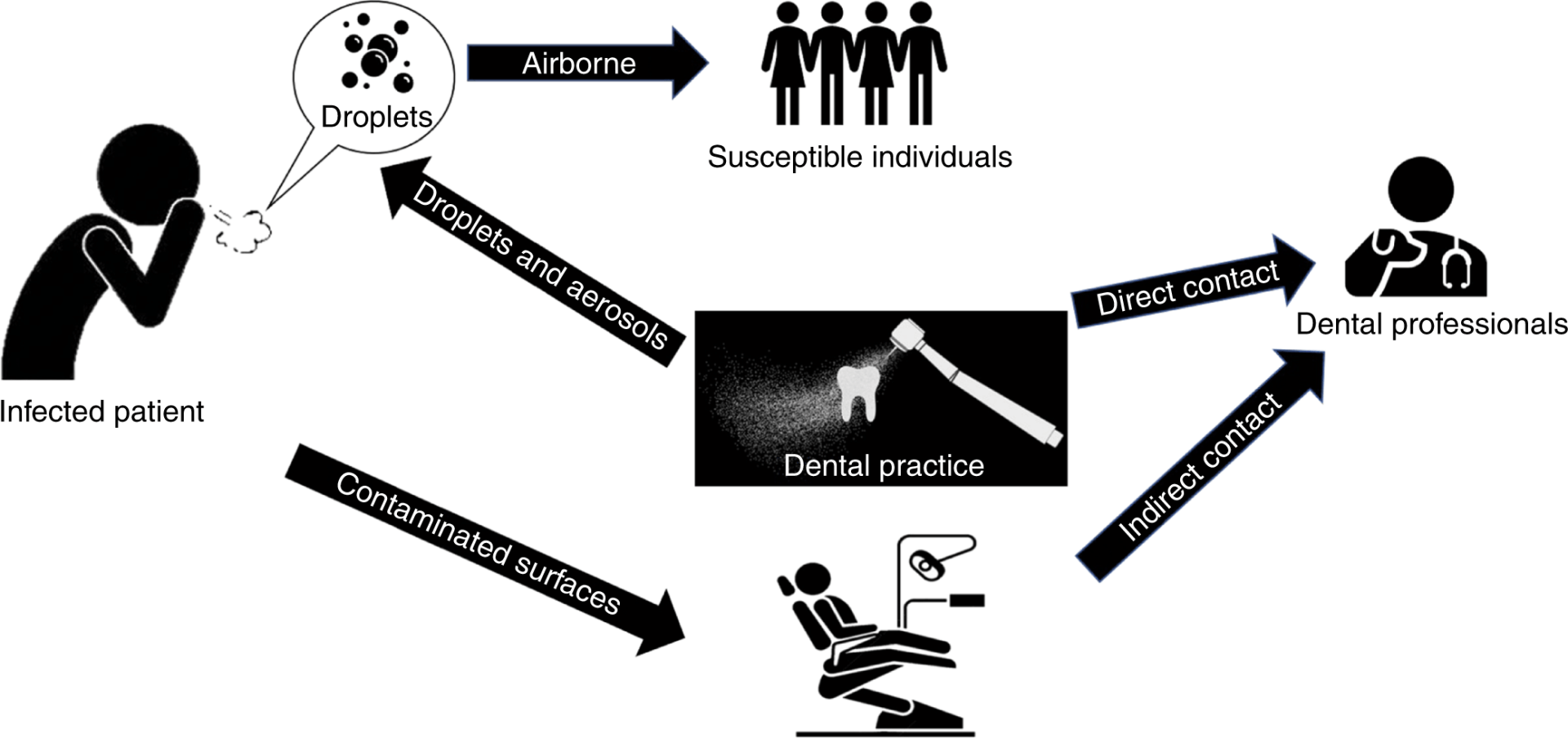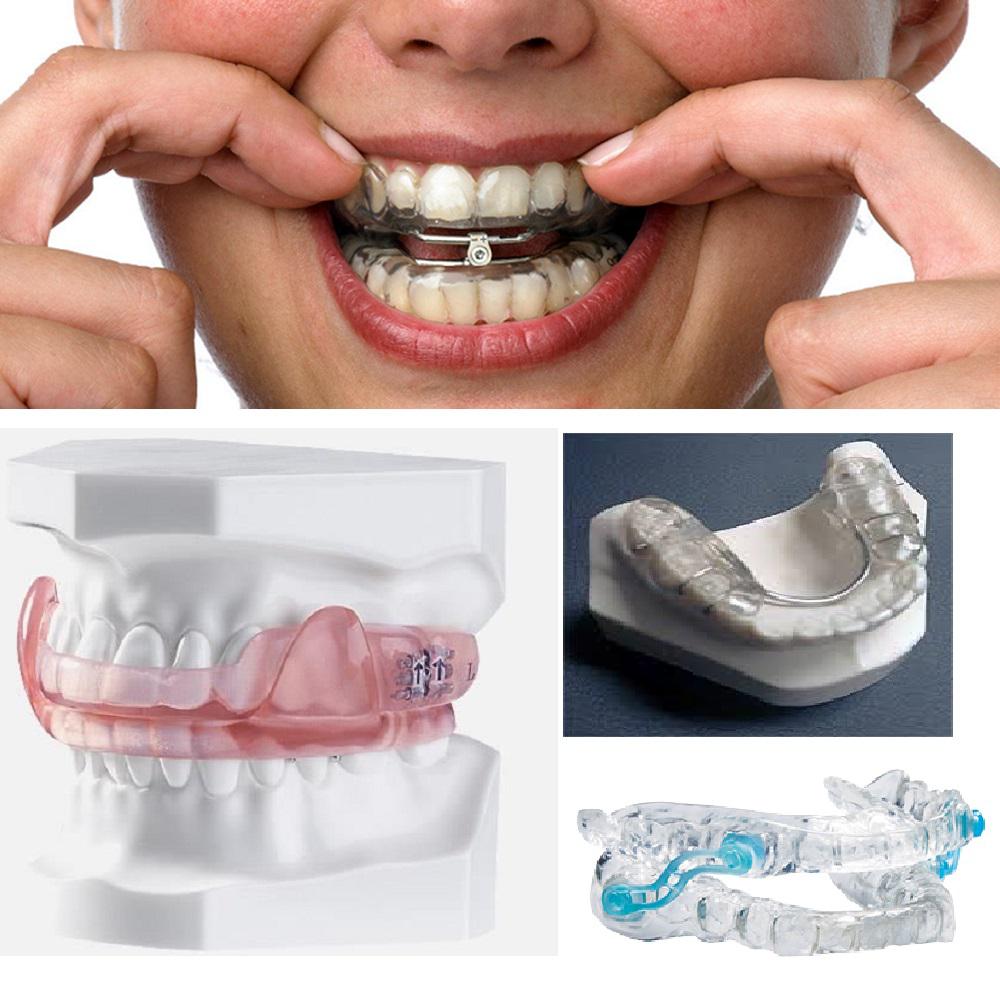Laser Dentistry: What is Laser Dentistry?

What is laser dentistry? If you’ve never heard of this innovative type of dental care, now is the time to learn. Laser dentistry is a minimally invasive option when you’re facing gum surgery, cavity treatment, or other oral issues. Discuss your laser surgery options with one of our dentists today.
Laser Dentistry: An Overview
Medical professionals use lasers, which are extremely focused light beams, to alter or remove tissue in small amounts. Laser surgery is not limited to dentistry, but many people have never heard of laser dentistry before having it done. Dentists use lasers in a variety of procedures involving the inside of the mouth, be it to remove overgrown tissue, to reshape the gums, or to whiten teeth. Sometimes, laser dentistry is ideal for children who become anxious or afraid when having dental work done.
What Laser Dentistry Can Treat
Most issues laser dentistry treats are related to the gums. Some of these include:
-
Canker sore and cold sore pain treatments.
-
Treating root canal infections.
-
Treating gum disease.
-
Removing gum inflammation.
-
Gum reshaping.
-
Biopsies.
-
Exposing wisdom teeth.
-
Removing throat tissue that causes sleep apnea.
-
Regenerating damaged nerves.
-
Removing benign oral tumours.
Benefits of Laser Dentistry
Dentists choose laser dentistry because of distinct benefits that make the procedures go more smoothly, and also reduce discomfort and healing time for patients.
-
Patients are less likely to require sutures
-
Anesthesia may not be necessary
-
The laser will sterilize the gums, making infection less likely
-
Less damage to gums shortens the healing time
-
Patients lose less blood than traditional surgery
What Happens During Laser Gum Surgery or Other Dentistry?
When you come for your laser dentistry appointment, you might be surprised to discover that the process is very similar to other dentistry appointments, like tooth fillings. You receive anesthesia, though it might not be as much as you’re used to receiving. Some patients who experience anxiety might receive a sedative, too.
During the procedure, you won’t feel any vibrations or discomfort from the laser like you do from the drill. Any bleeding that occurs gets wiped away, just like before. Your mouth will be propped open as the dentist works with the laser to treat your issues.
Post-Operative Expectations
If you’ve ever had gum surgery done without a laser, you can expect that your post-operative experience after laser dentistry will likely be smoother. Because a laser causes far less bleeding than a scalpel, don’t expect the site of your surgery to bleed very much when you get home. You won’t have an open, bleeding wound the way you would with a scalpel procedure.
While you should still follow cleaning and care instructions to the letter, you’re less likely to get an infection. You also won’t typically experience the pain and discomfort associated with scalpel surgery because your post-op irritation is likely to be minor.
The Types of Lasers Used in Dentistry
The two main types of lasers dentists use during laser procedures are hard tissue and soft tissue lasers. Each laser uses a different wavelength that makes it appropriate for cutting into that specific type of tissue. This works because each kind of tissue absorbs wavelengths of light in different ways. By altering the light’s wavelength (and sometimes pulse) scientists have figured out how to craft lasers with light wavelengths compatible with the tissues in your mouth.
Hard Tissue Lasers
A hard tissue laser is used primarily for your teeth. The wavelength of one of these lasers cuts through both water and bone, specifically the calcium phosphate that’s in your bones and your teeth. These lasers can very accurately cut into your teeth, removing small amounts for shaping purposes or in preparation for procedures. Hard tissue lasers are used for:
-
Detecting cavities.
-
Dealing with tooth sensitivity.
-
Preparing teeth for dental fillings.
Soft Tissue Lasers
The soft tissue lasers use a light wavelength that hemoglobin and water absorb easily. Hemoglobin is the molecule found in blood, which makes soft tissue lasers ideal for gum work. Some soft tissue lasers are diode lasers, which is a type of continuous-wave laser.
These lasers are ideal for cutting into soft tissue and sealing the exposed blood vessels at the same time. This is the reason you don’t bleed very much during laser dentistry and why healing is quicker after laser dentistry. Soft tissue lasers are great for cosmetic procedures because you can begin to see results right away. Soft tissue lasers are used for:
-
Lengthening crowns.
-
Dealing with restricted tongue movement.
-
Reshaping the gums to create a more pleasing smile.
-
Removing folds in oral soft tissues caused by dentures.
Whether you’re having laser gum surgery or hard tissue work, expect an easier procedure and a shorter recovery time. Laser dentistry is a convenient solution to many oral and dental problems, whether serious in nature or simply cosmetic. Ask your dentist about laser dentistry the next time you need dental work completed






